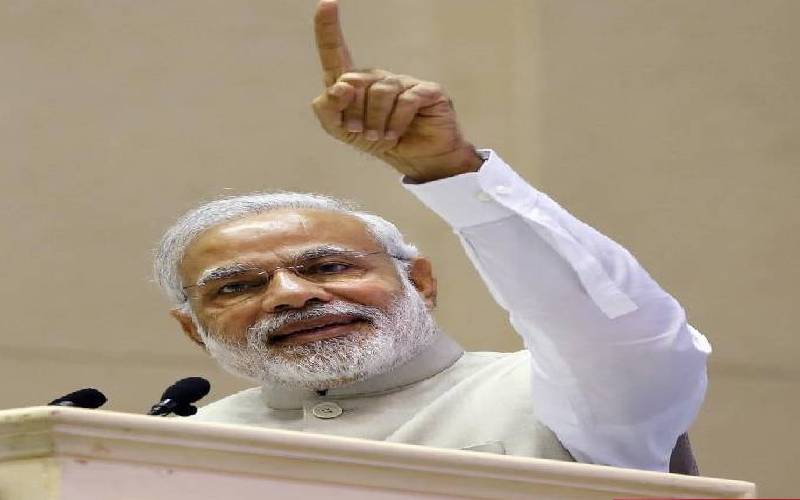×
The Standard e-Paper
Kenya’s Boldest Voice

India Prime Minister Narendra Modi.
With an eye on China, India and the Association of Southeast Asia Nations (ASEAN) has underlined the principles in the Indo-Pacific region that embraces ASEAN centrality — “openness, transparency, inclusivity, a rules-based framework, good governance, respect for sovereignty, non-intervention, complementarity with existing cooperation frameworks, equality, mutual respect, mutual trust, mutual benefit and respect for international law.”